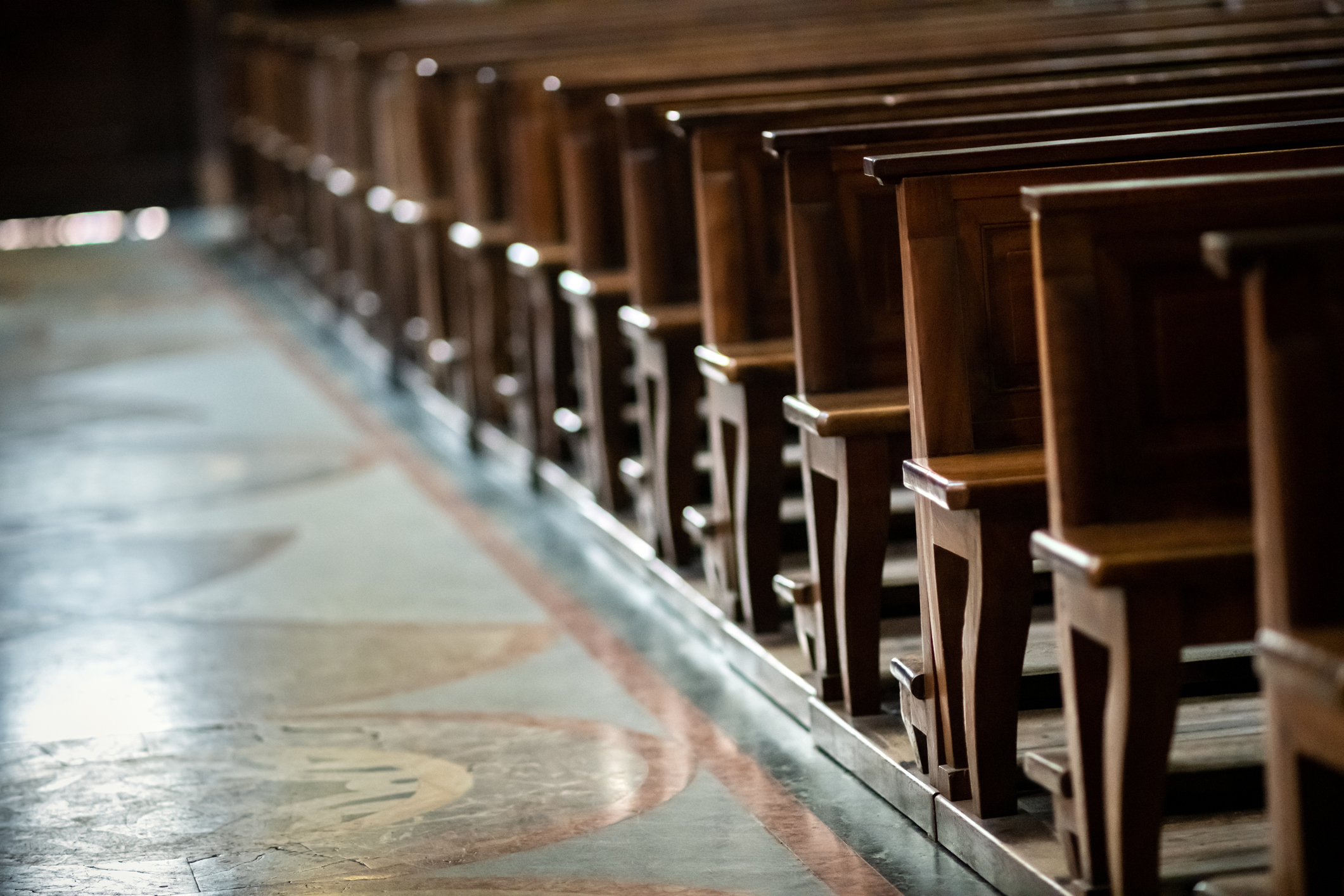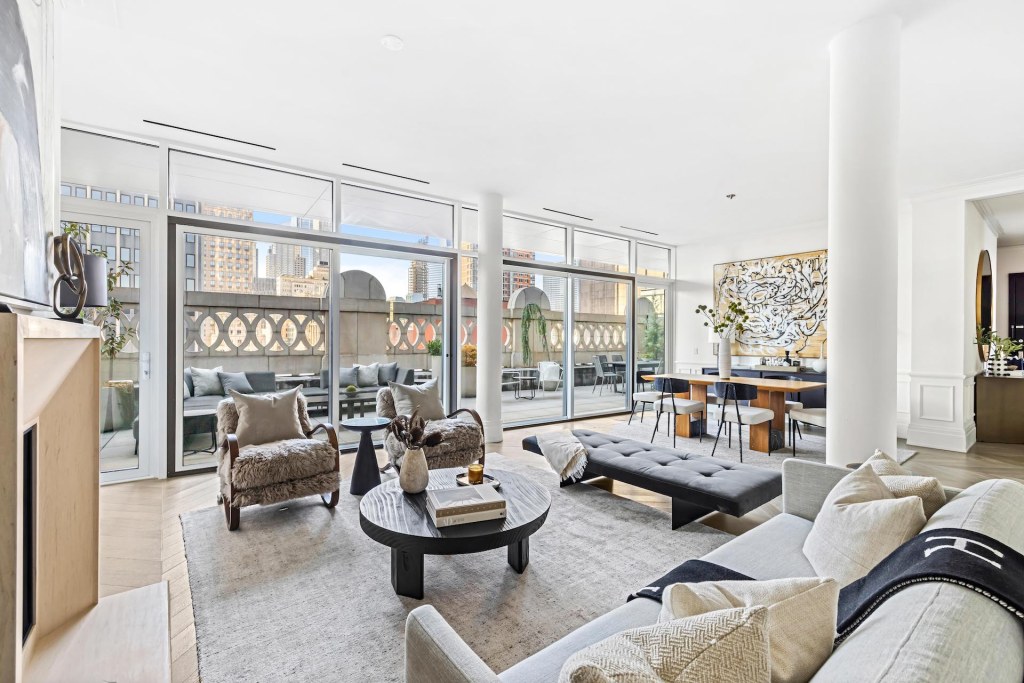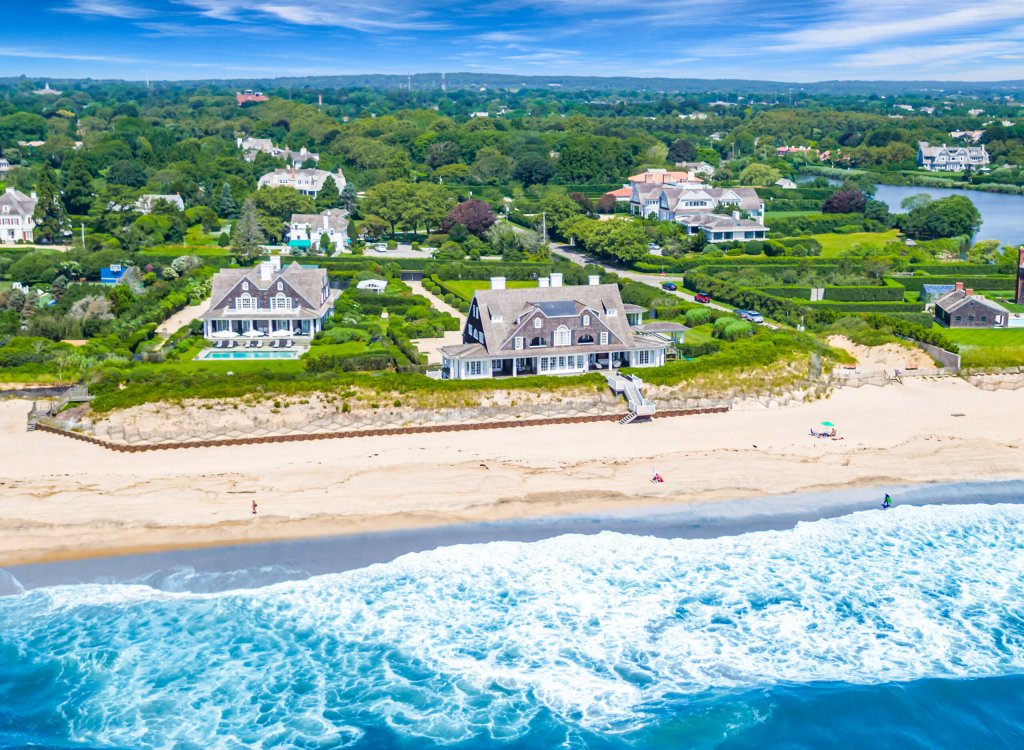Small Religious Gatherings May Begin, Cuomo Says

Beginning Thursday, May 21, religious gatherings may begin again throughout New York State, albeit only small ones.
No more than 10 people will be allowed to congregate for a service, while wearing a mask and maintaining social distancing, Governor Andrew Cuomo announced at his daily briefing on Wednesday. Mass gatherings, including religious services, are prohibited until a region reaches its fourth and final phase of reopening. The governor also encouraged drive-in or parking lot services are also permitted.
The governor has convened the Interfaith Advisory Council to discuss proposals to safely bring back religious services. “I understand their desire to get back to religious ceremonies as soon as possible. As a former altar boy, I get it,” Cuomo said. “I think even at this time of stress and when people are so anxious and so confused, I think those religious ceremonies can be very comforting, but we need to find out how to do it safely and how to do it smartly.”
But “a religious ceremony by definition is a gathering, a large number of people coming together,” Cuomo said, pointing to New Rochelle in Westchester, which became the first hot spot for the coronavirus in the state because someone who had the virus went to a religious service and it spread quickly.
It remains to be seen if congregations on the East End will move to offer small services. Soon after hearing the Governor’s decision, Rabbi Daniel Geffen of Temple Adas Israel in Sag Harbor said he has no plans to hold in-person services, virtual services suffice for congregants for now. “While we appreciate the need for many communities to make those kinds of decisions (especially for Orthodox communities which require 10 men to make up a minyan – quorum),” he wrote, “for us, it is simply too great a risk at this time. And since we have been able to effectively use technology over the last few months, there is far less urgency to make that decision.”
“Certainly, we will be continuing to reassess as the situation warrants, but for now and for the foreseeable future we will remain online only for Shabbat, Holidays and programs and the building will only be accessible for essential staff,” he said.
“We are working diligently with town and village officials to be able to put something together quickly of the drive-in nature,” said Rabbi Josh Franklin at the Jewish Center of the Hamptons. “Probably won’t be this week, but we will be announcing something soon. Stay tuned.”
Other clergy members on the South Fork said they would be checking with their bishops to see if they would allow for services where 10 people could reserve a spot in advance.
“The last thing we want to do is have a religious ceremony that winds up having more people infected,” Cuomo said.
Hard-Hit Communities Targeted
Low-income communities and communities of color have been hit hardest by the virus, the governor said, while announcing the state is expanding its faith-based testing site program at 72 locations in the hardest-hit communities.
Preliminary results from 8000 antibody tests at church sites in New York City boroughs show high positive rates and continued community spread, Cuomo said.
Overall, 27 percent of the individuals tested positive for the COVID-19 antibodies, according to preliminary data. New York City’s overall positive rate was 19.9 percent, while the Bronx had the highest percentage of positive tests with 34 percent, followed by Brooklyn with 29 percent.
“That’s where the new cases are coming from,” he said.
Drilling down on the data, Morrisania in the Bronx had a 43 percent positive antibody rate and double the hospitalization rate than New York City in general. The Brownsville section of Brooklyn also had double the city’s rate. The governor’s childhood neighborhood of Hollis, Queens, was at 35 percent.
“We did the research, we need the next step,” Cuomo said. “What we’re seeing in New York City is going to be true across the state.”
The state has come up with targeted strategies for the highly impacted communities. Northwell Health and SOMOS Community Care will make testing available at 28 additional testing sites at zip codes that fit the profile. Testing will also be expanded from eight to 40 public housing developments.
Outreach programs will begin in these neighborhoods, as well. Personal protective equipment and hand sanitizer will be handed out, and a public health education initiative will begin to explain the importance of social distancing and wearing masks.




